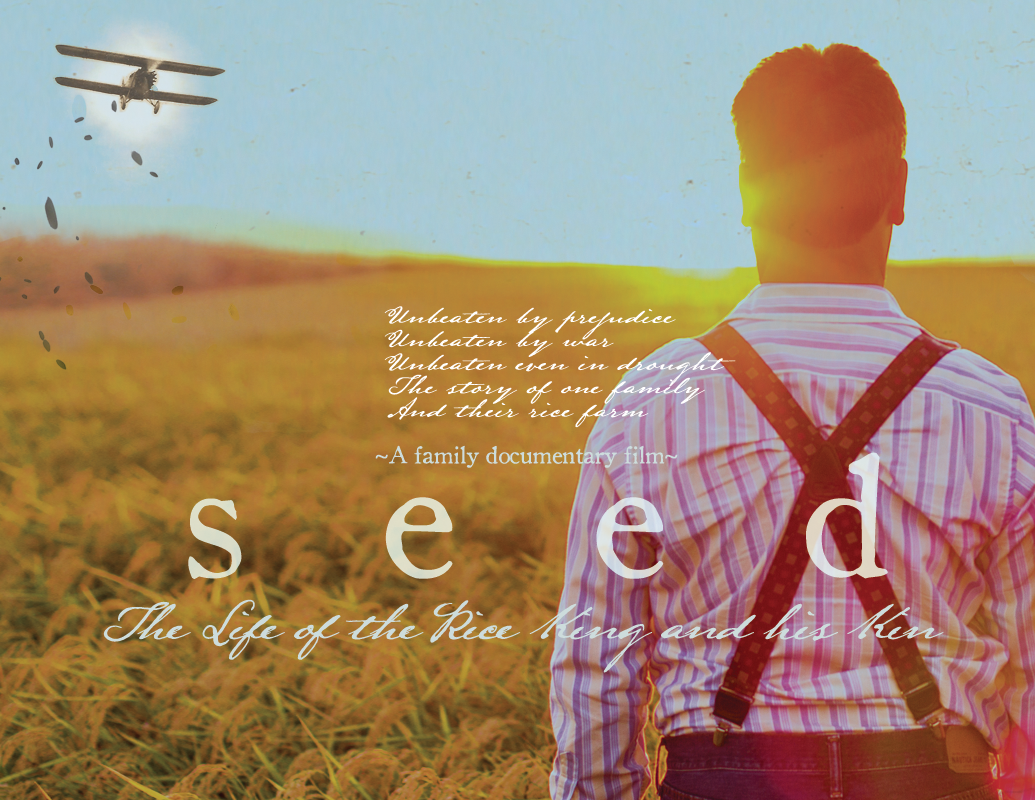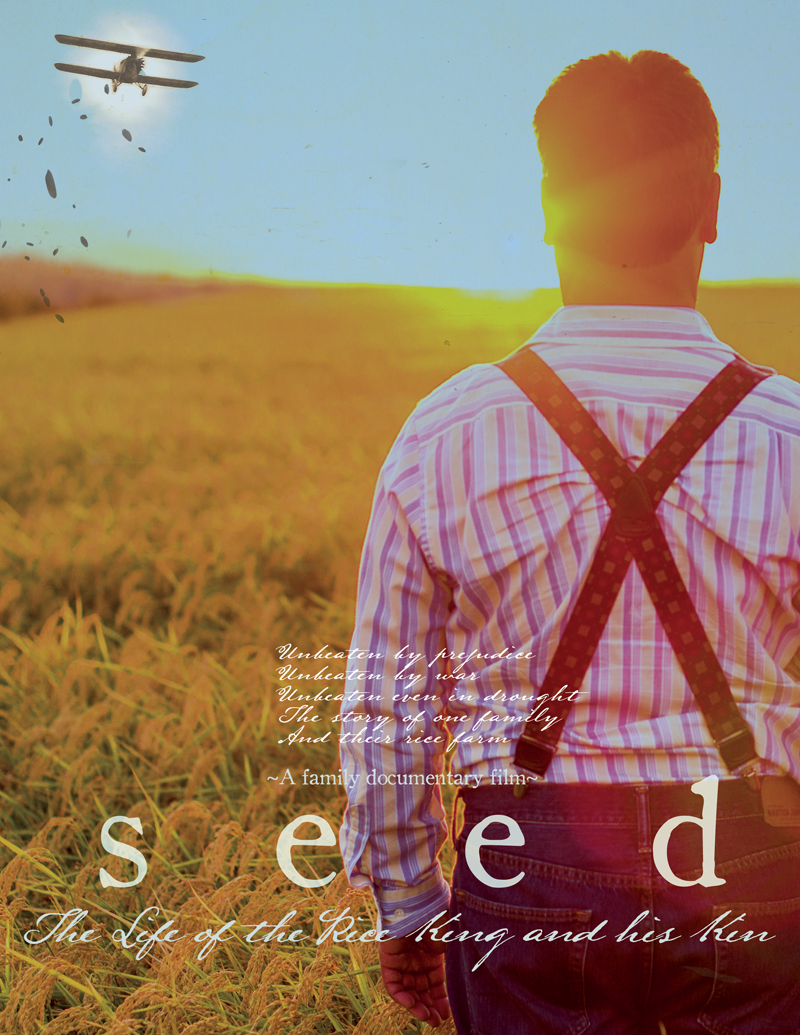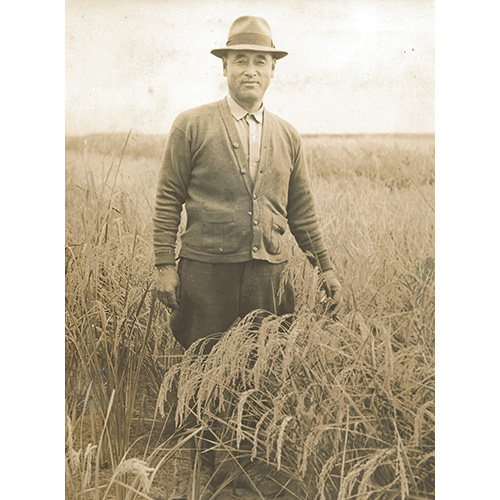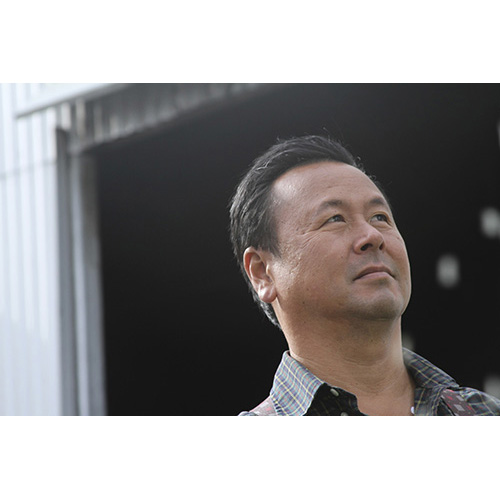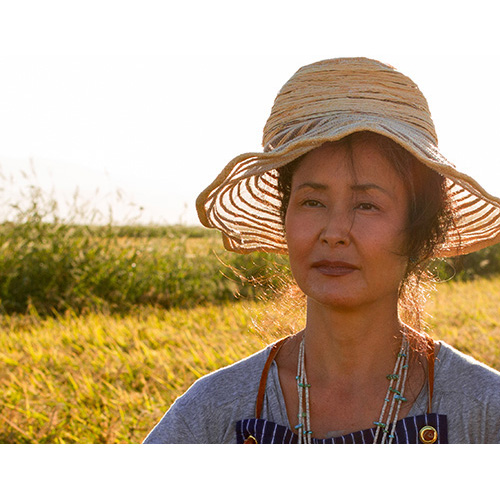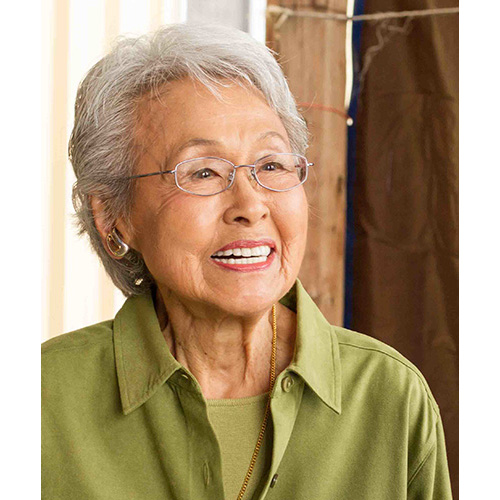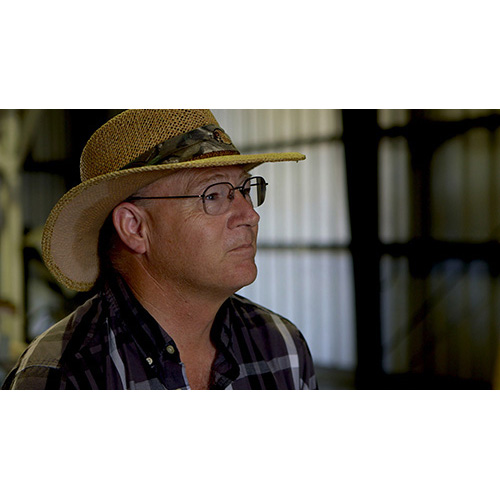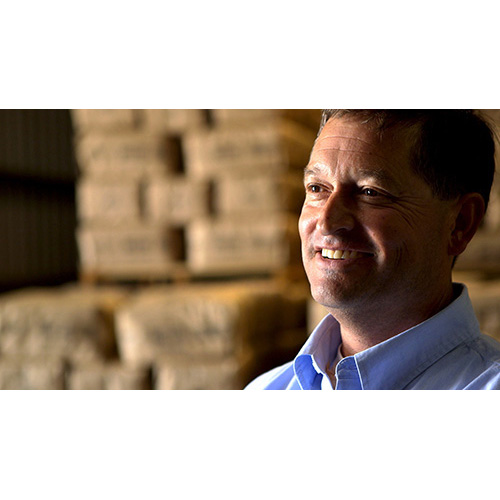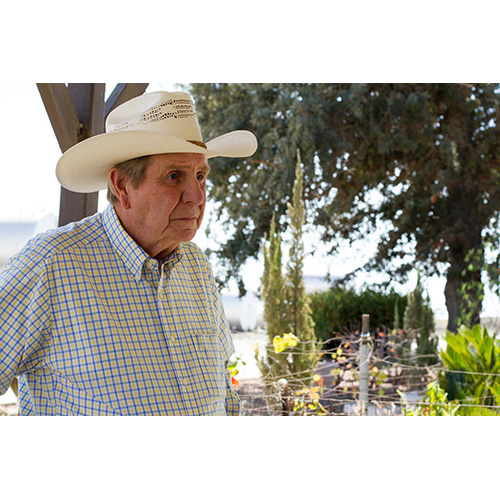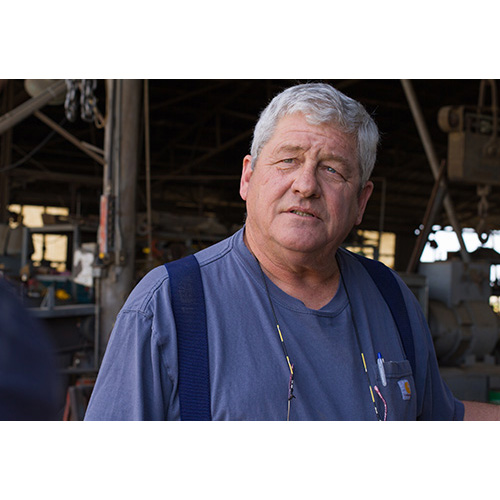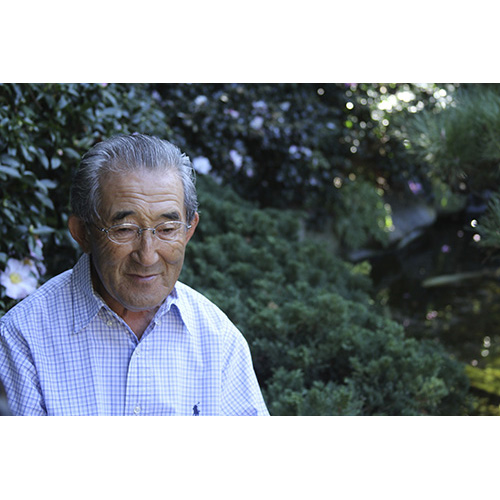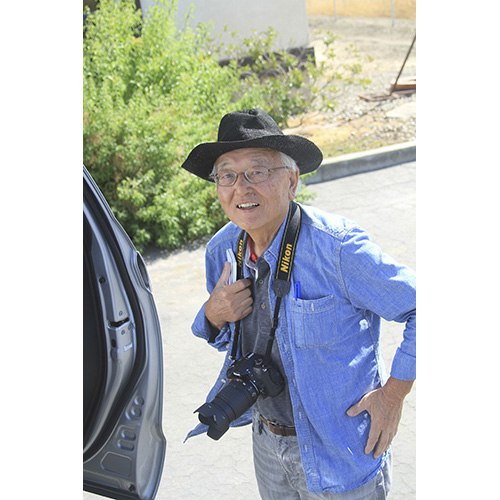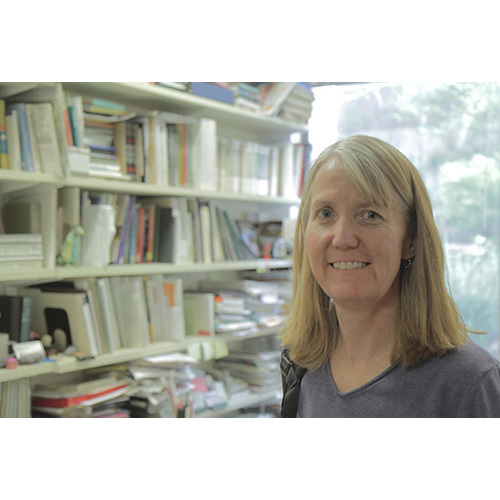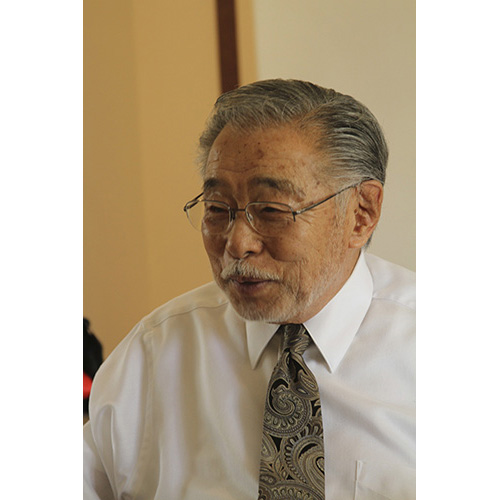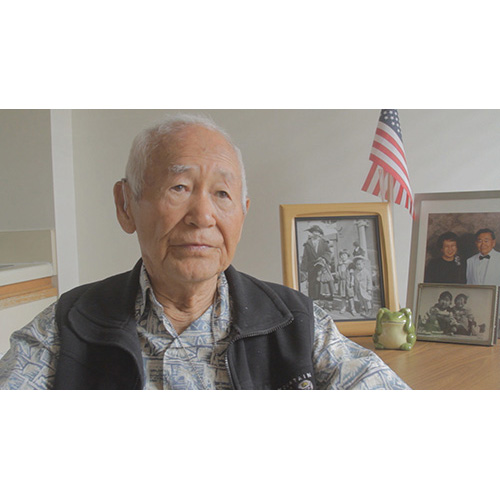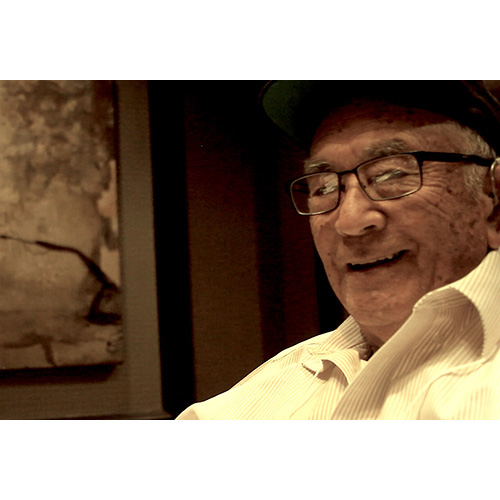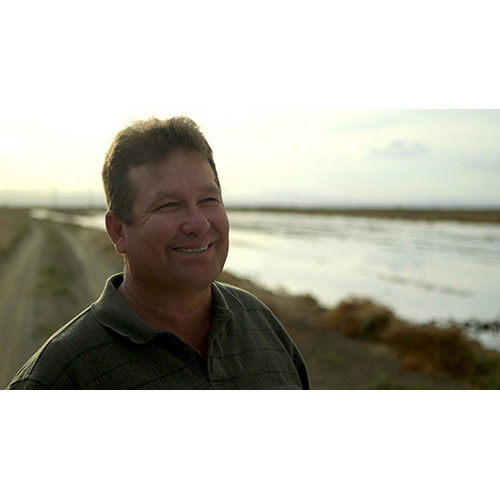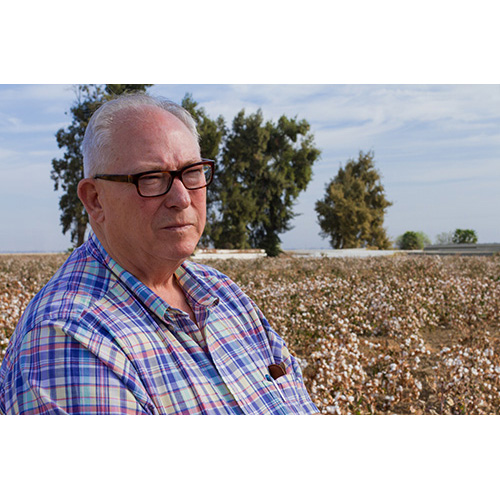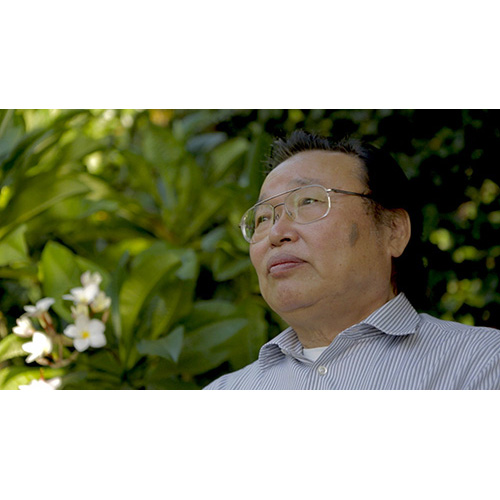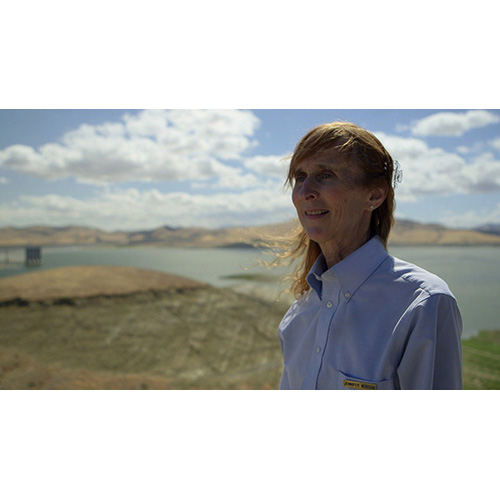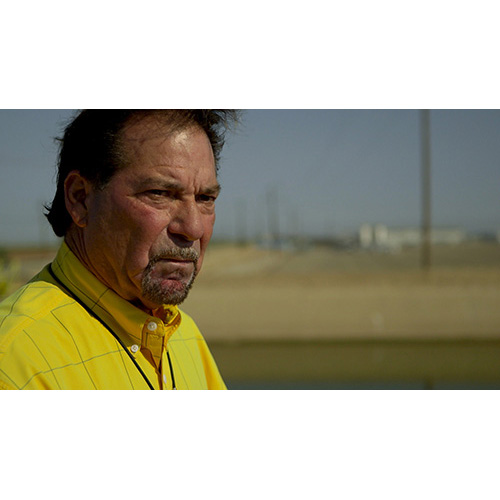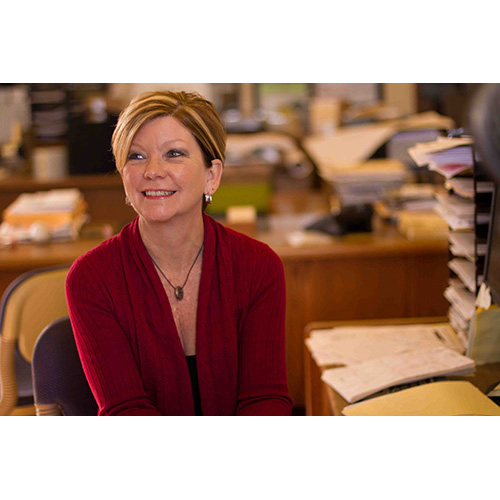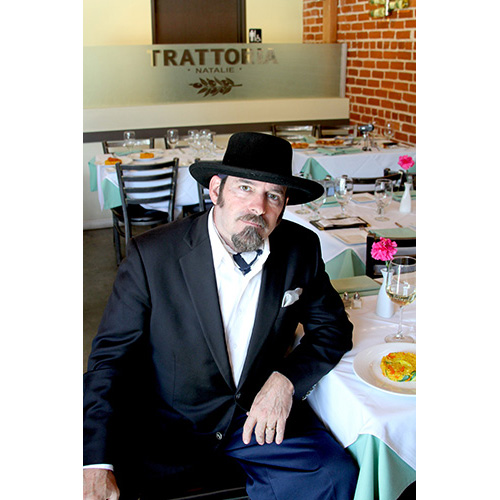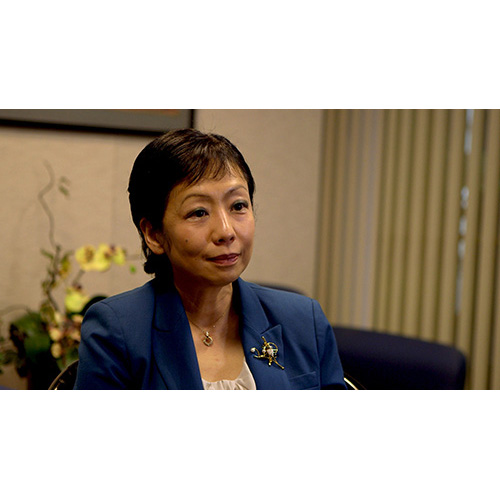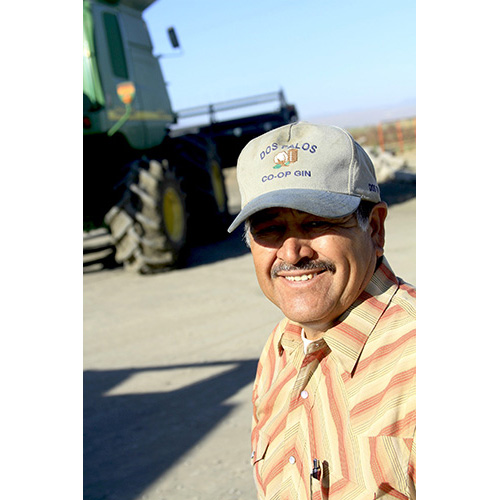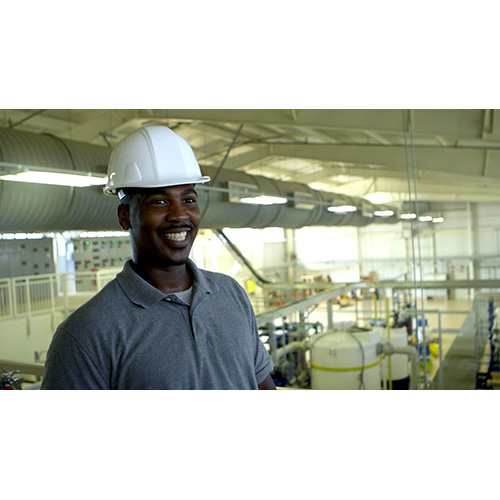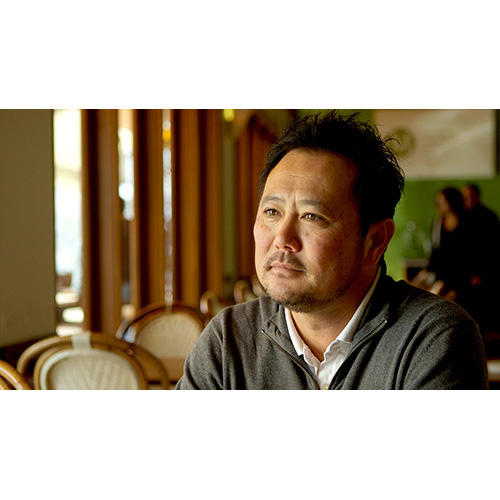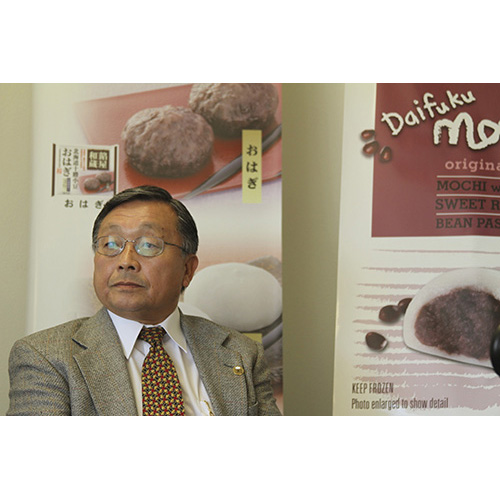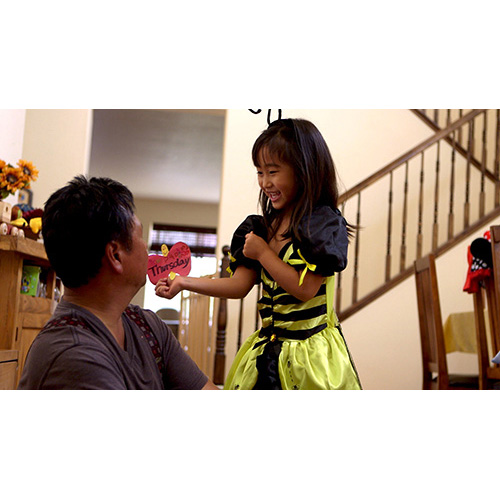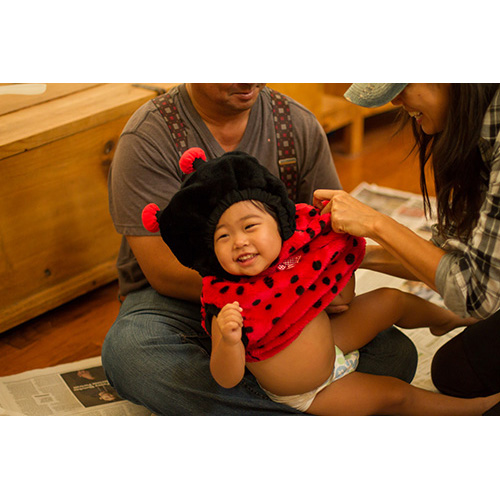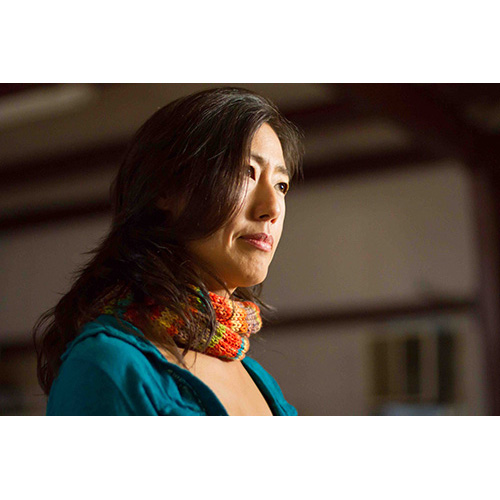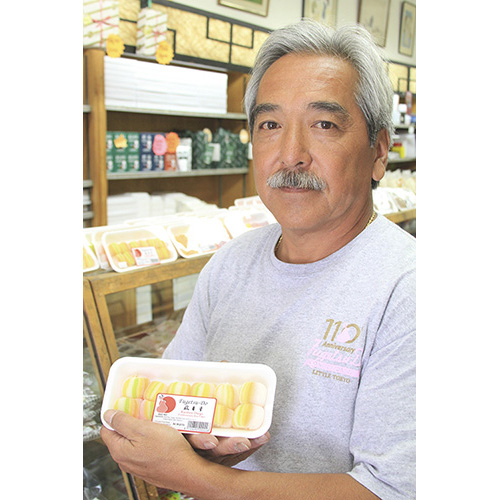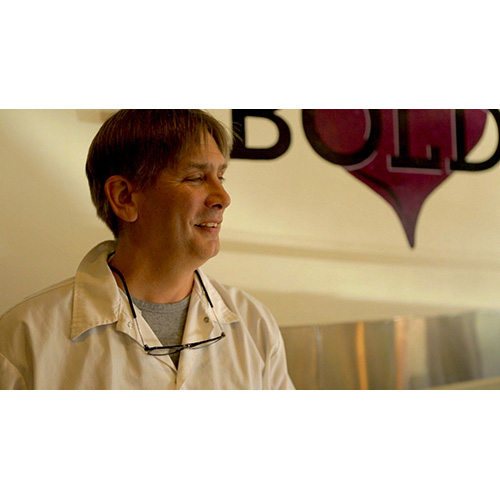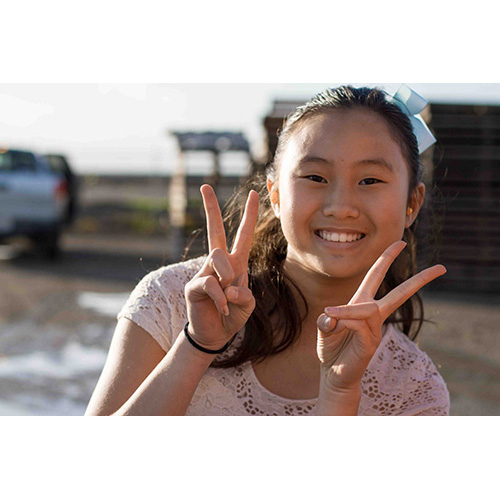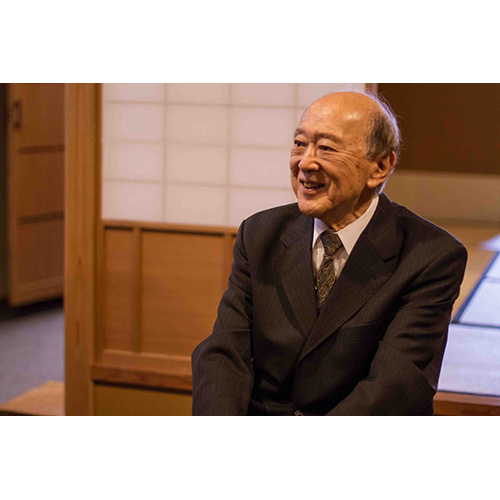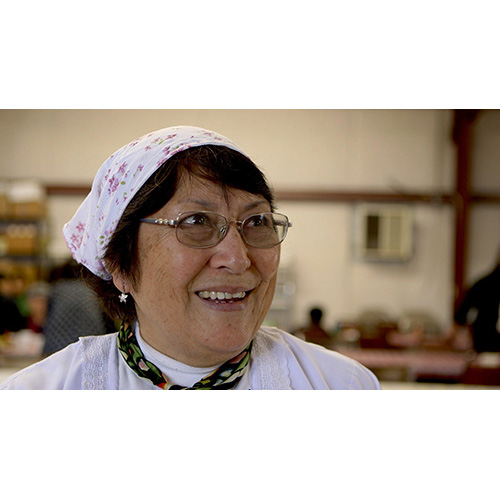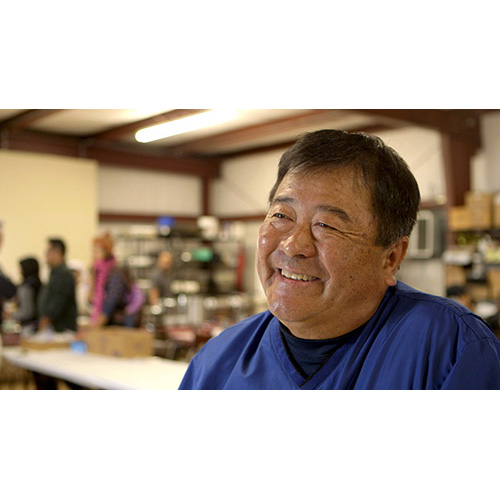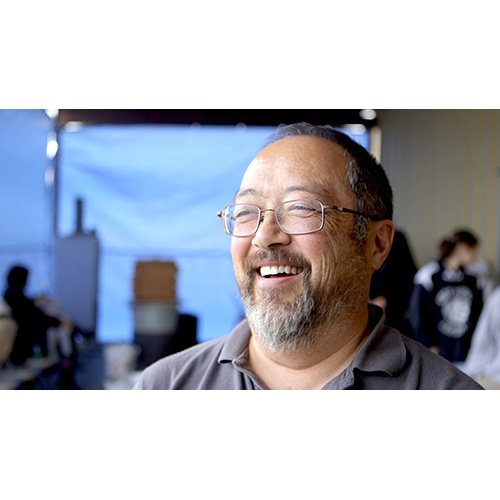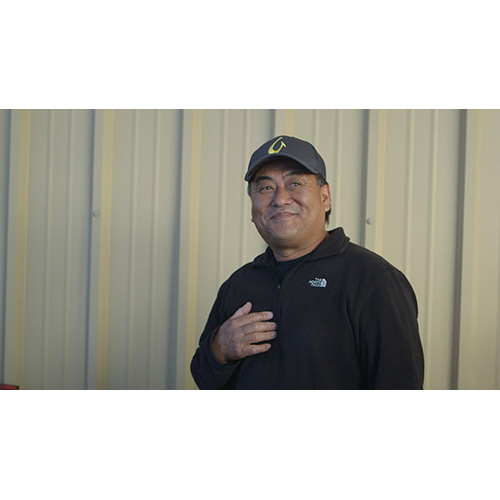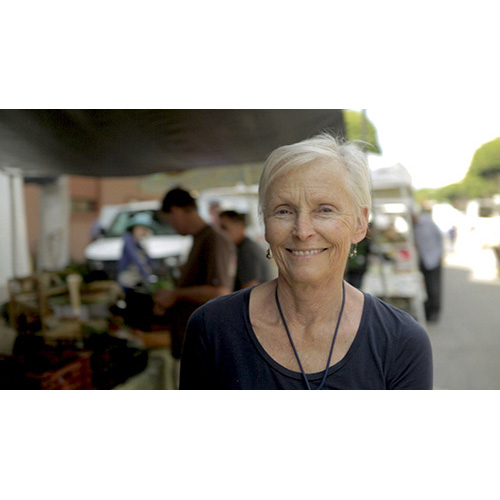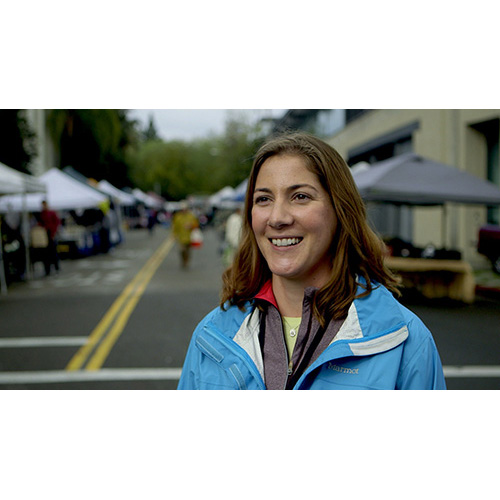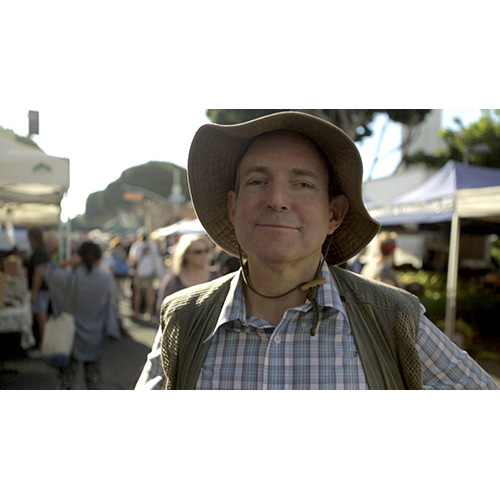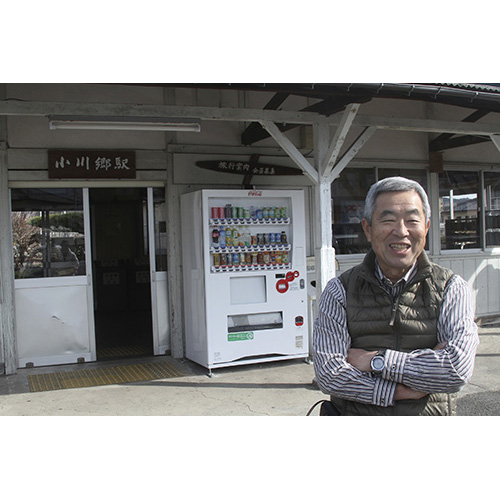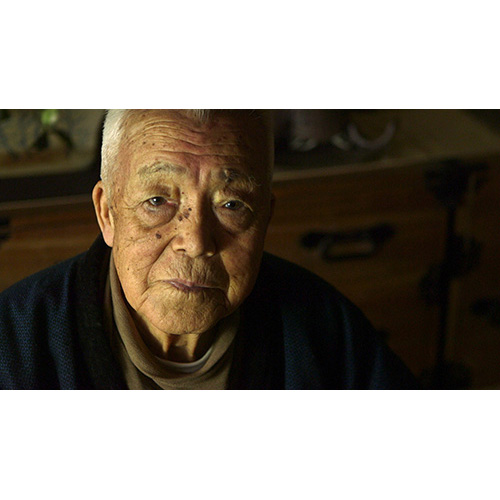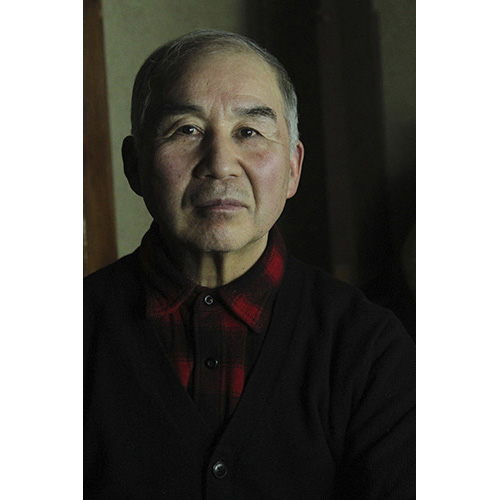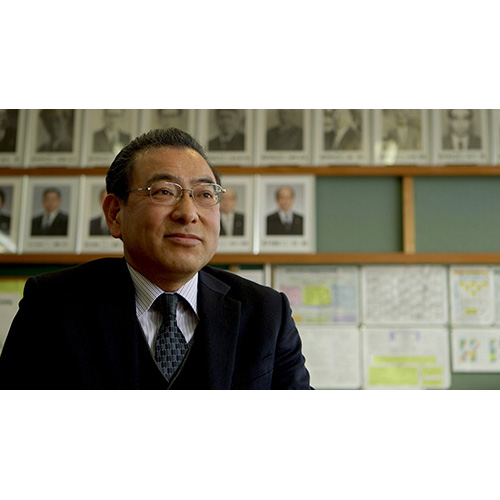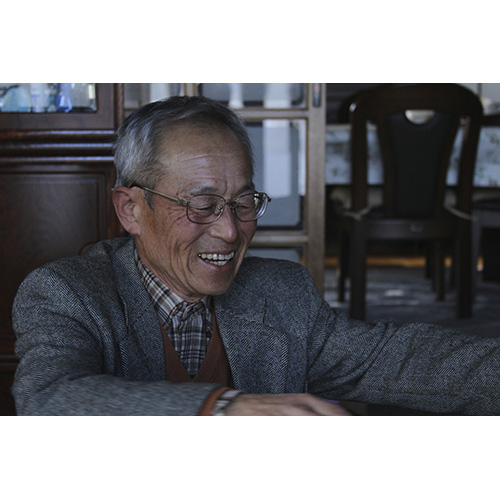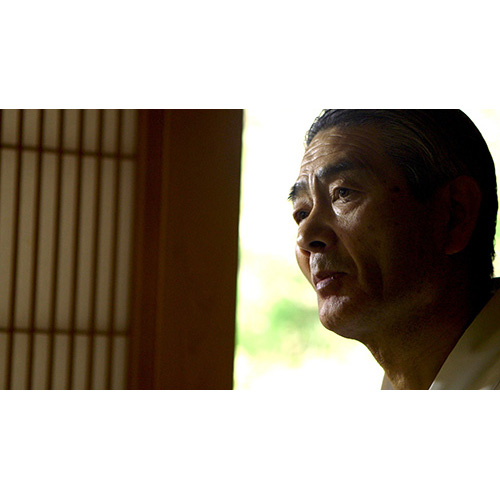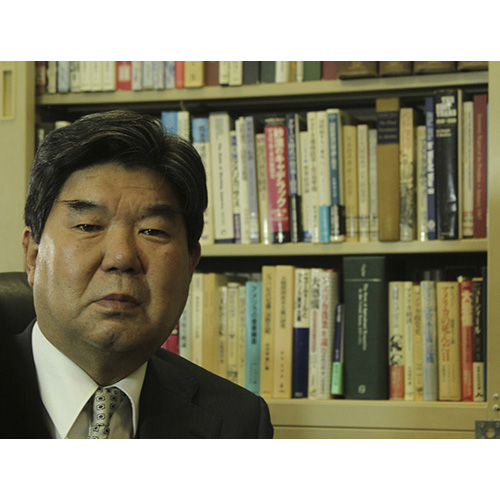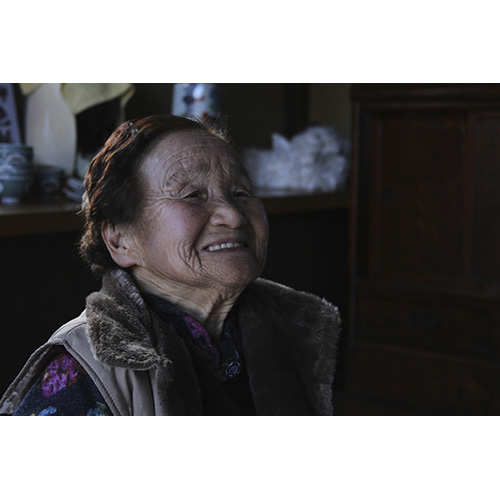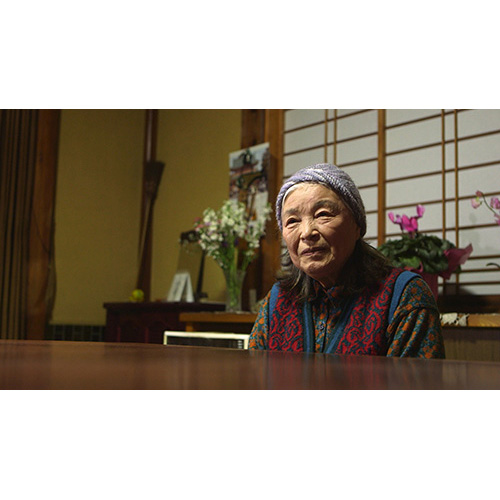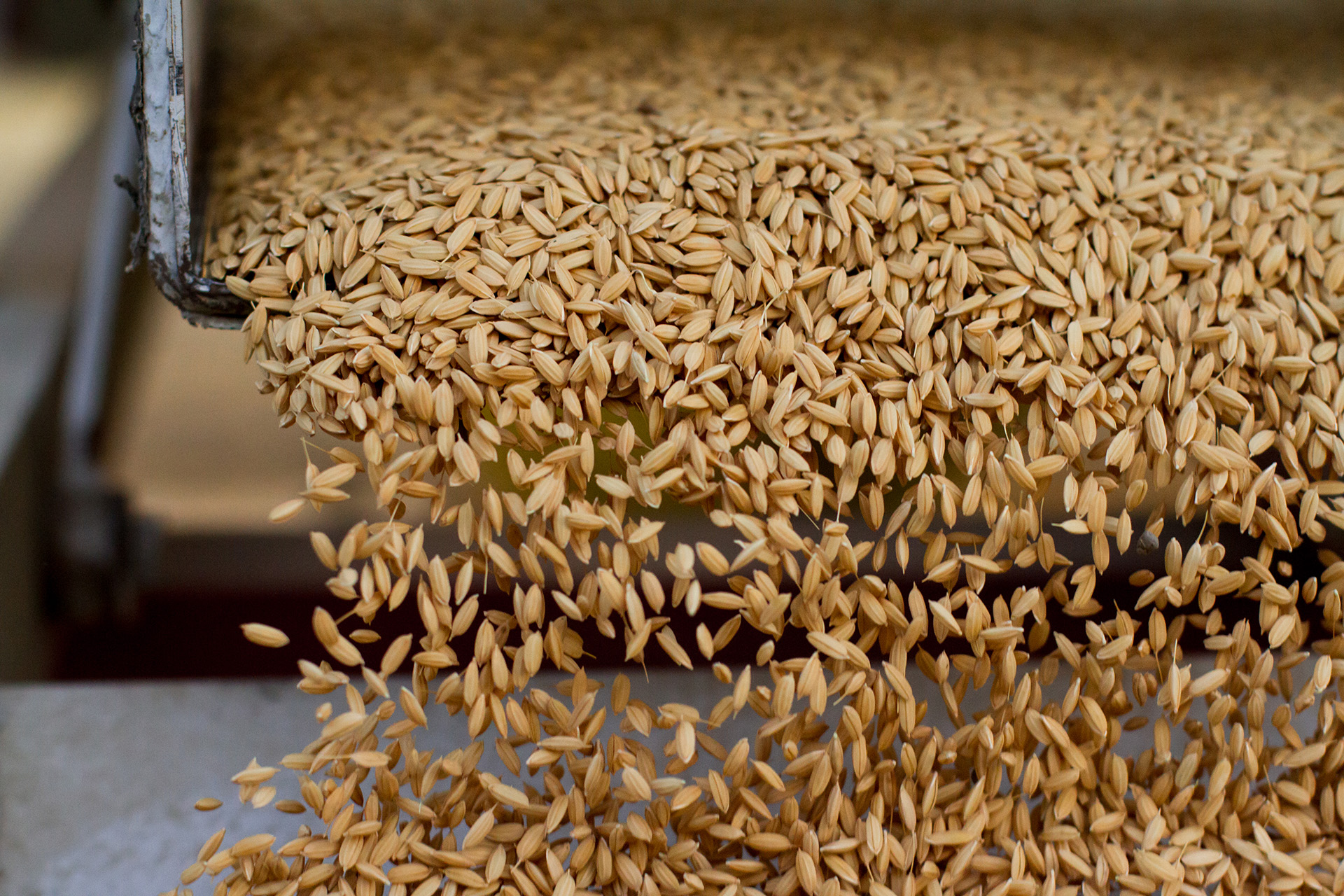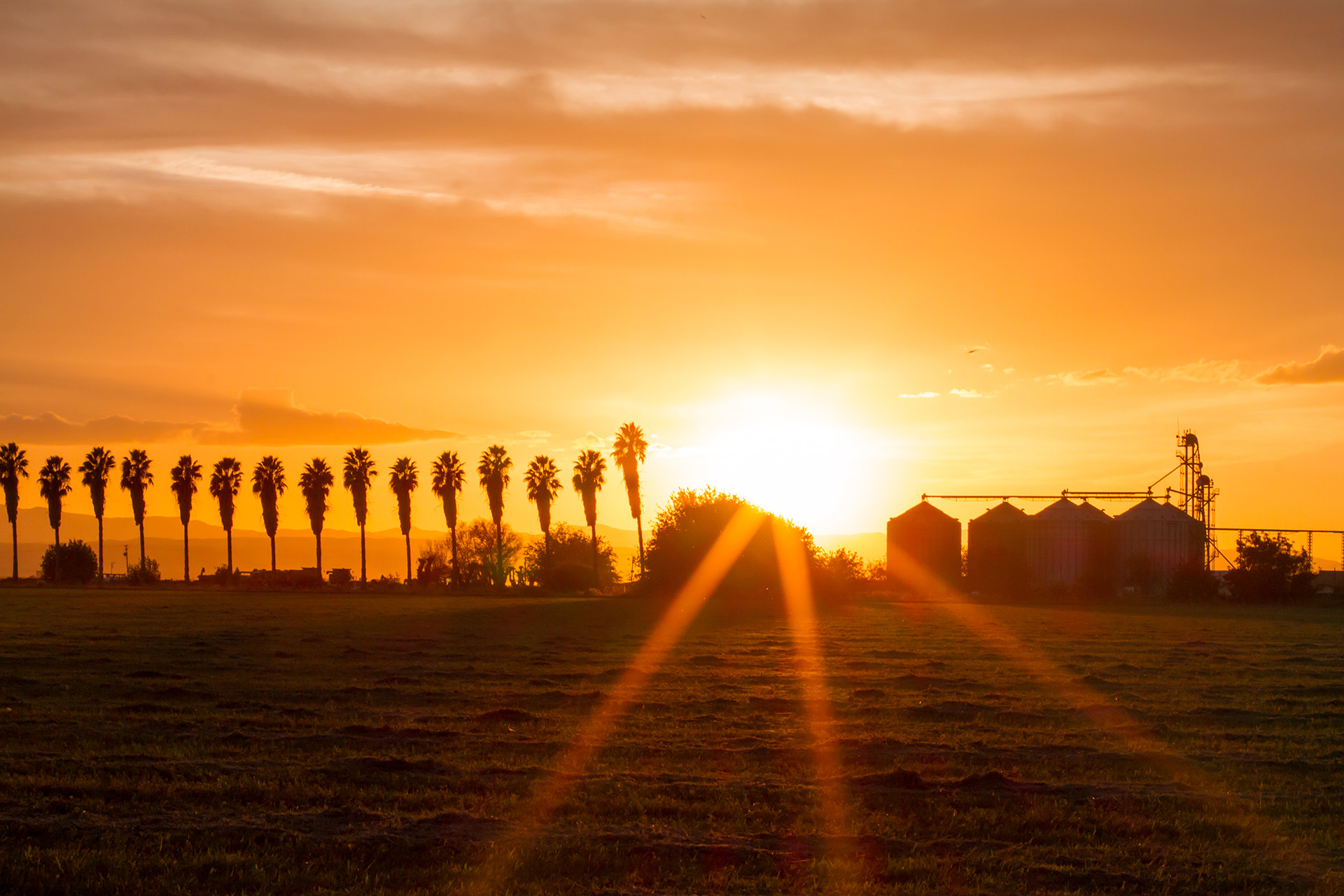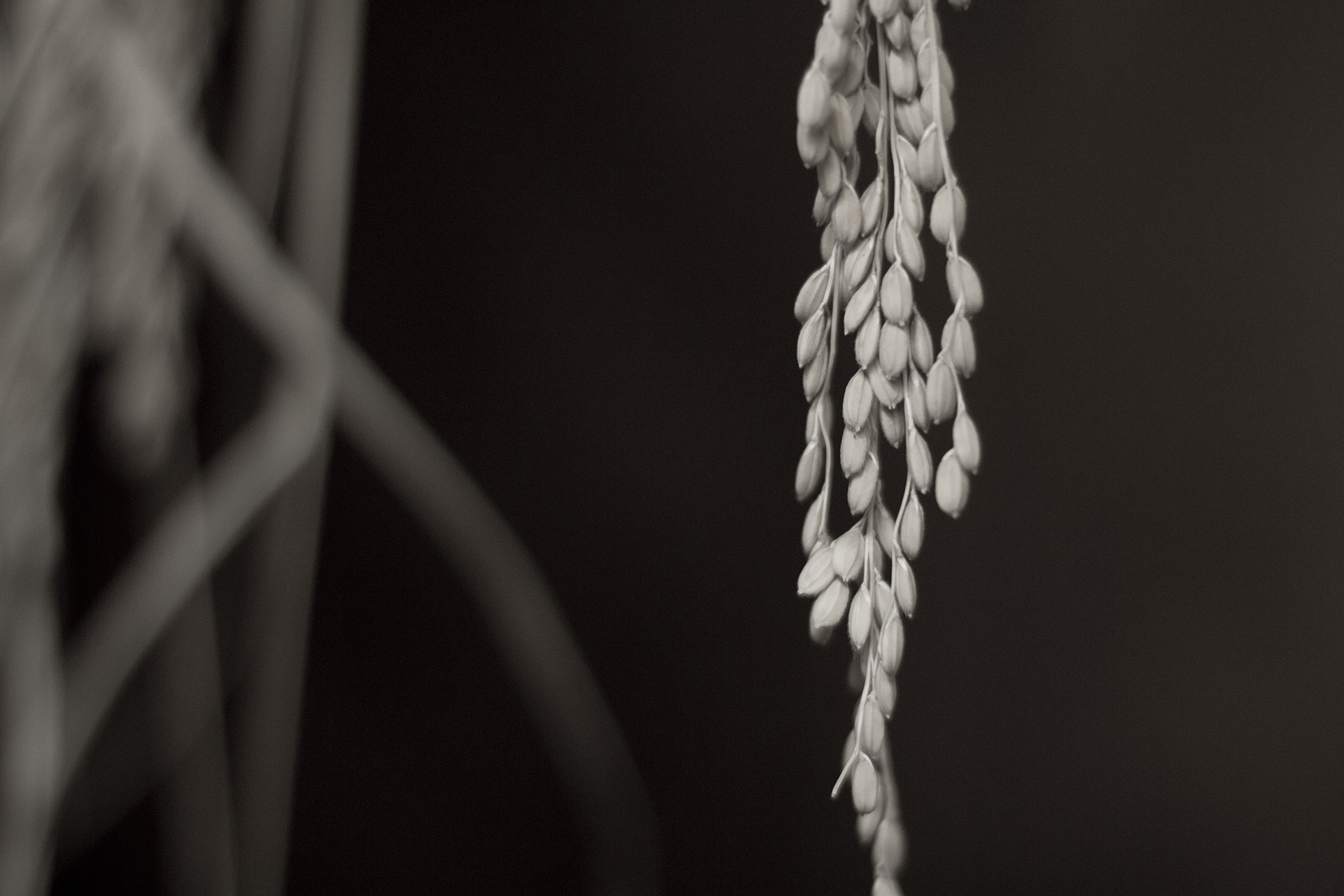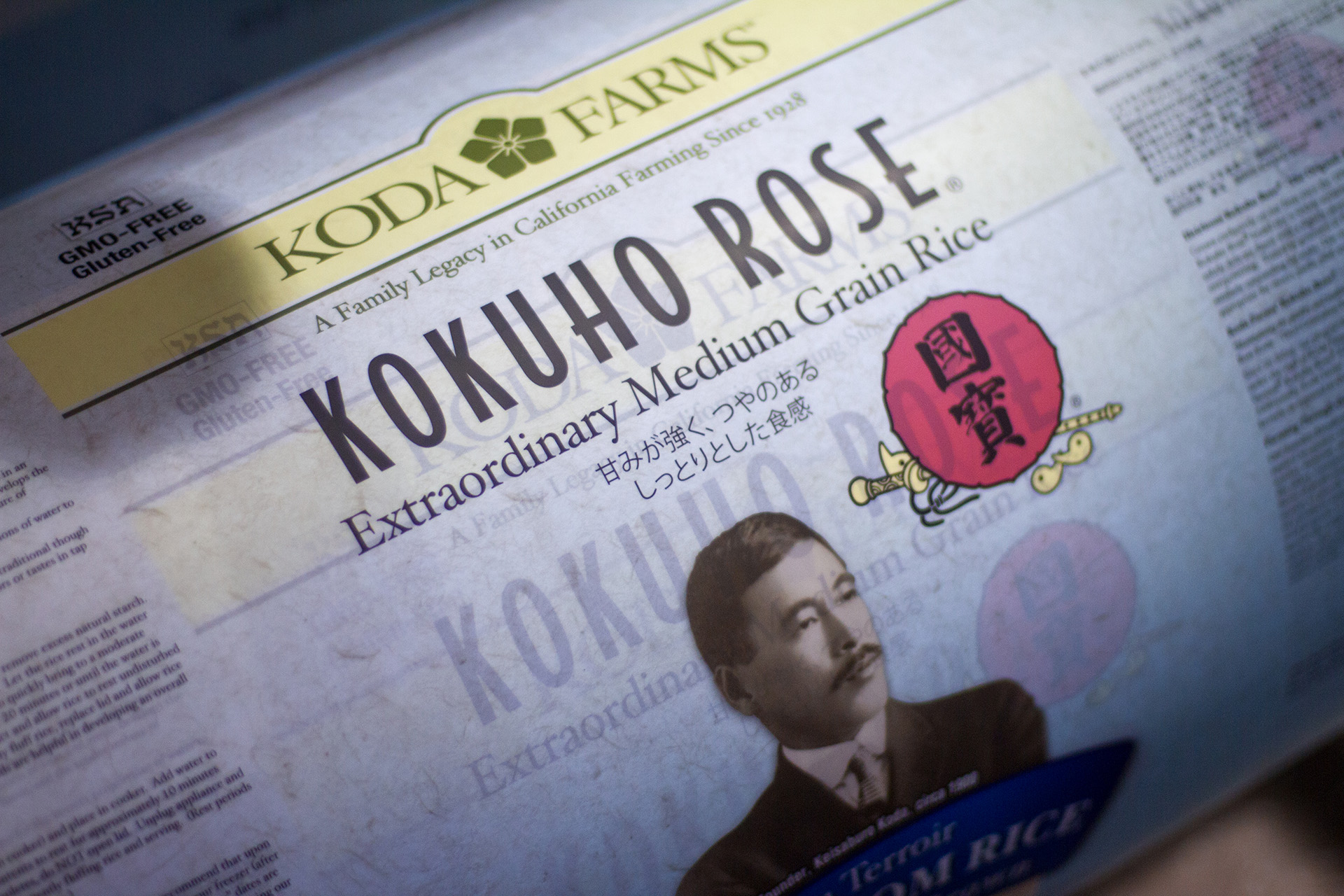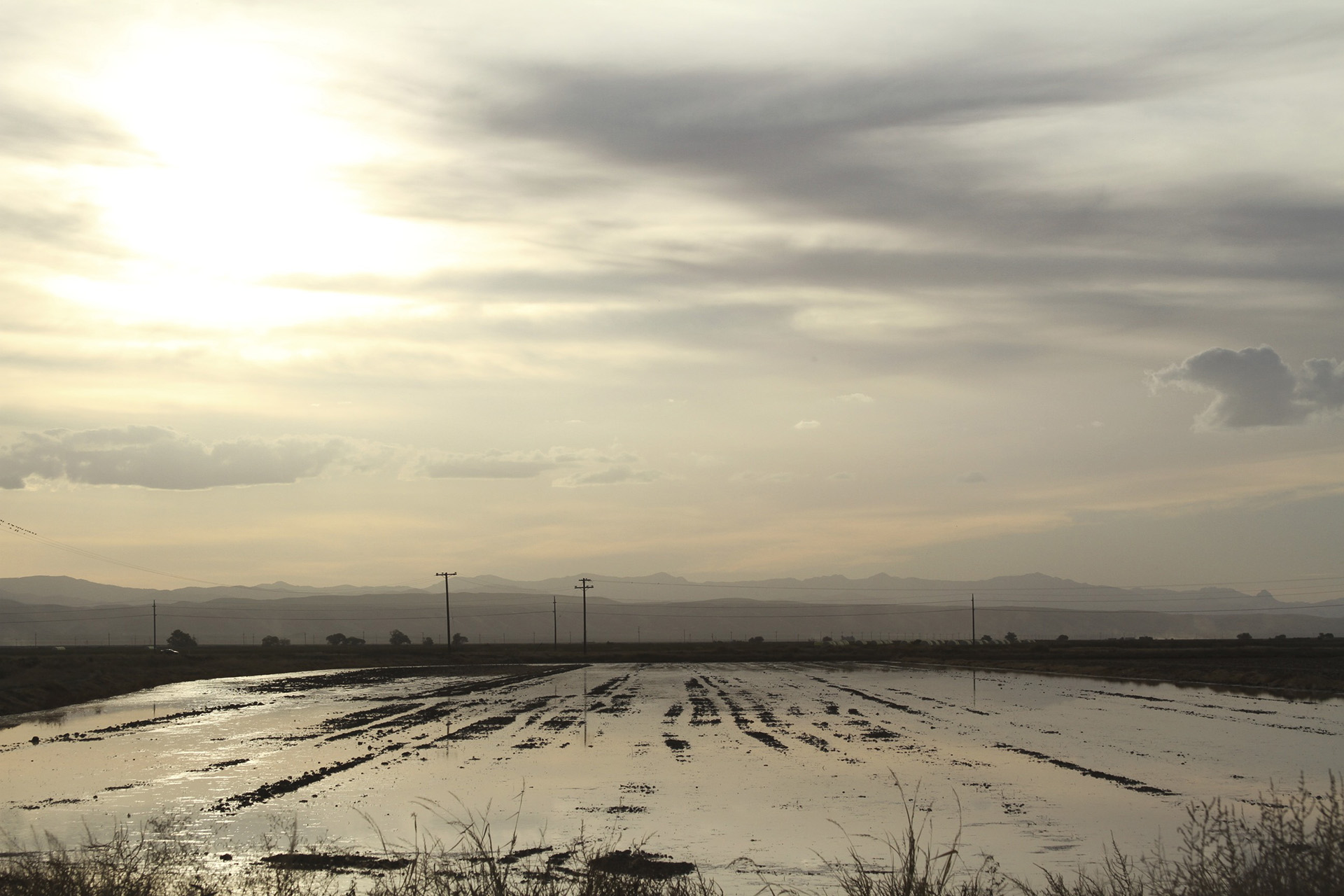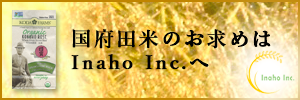Everything started with the sudden marriage of my sister-in-law.
I used to work as a producer for a Japanese American TV station in Los Angeles. Whether dealing with productions on set, sales, interviews, editing, etc. It seemed I was always on the go, everything nonstop.
There is the Nanka Kenjinkai Kyokai, or the Japanese Prefectural Association of Southern California (JPASC) in Los Angeles. Currently, this federation consists of 41 prefectures. One day, carrying a camera on my shoulder, I went to interview one of the most active Kenjinkais for the 100th anniversary of Nanka Fukushima Kenjinkai. I was surprised at the sight of my sister-in-law sitting at the seat in front of the stage. Not just a regular seat, but the VIP seats with the Kodas, a prestigious family from the Fukushima prefecture. “Why on earth…?” I felt a strange inkling in that moment.
My sister-in-law was sitting there because she had become a part of the Koda family. She had married Ross Koda, who is the grandson of Keisaburo Koda, a legendary figure in the Japanese immigration history in the United States. He founded Koda Farms and had embarked on the civil rights movement, as he himself was a Japanese immigrant who had experienced prejudice both before and after WWII. The more I learned about what Keisaburo had achieved, the more I became attracted to his life. In fact, I have had special interest in Japanese American history, and had previously produced some films on the same subject.
Years later, I was busy finding sponsors for Toyo’s Camera, a feature documentary of the life in the internment camp Manzanar in California. Here in Southern California is the JBA (Japan Business Association of Southern California), a social network for Japanese businesses. Through this group, I had become acquainted with Mr. Kibata, CEO of Nitto Tire, and asked him if he could help sponsor the film. He readily agreed “Of course,” without any hesitation. In that moment, I opened my heart to confess my idea of making a film about Keisaburo Koda as well. I had no presentation, only my passion. CEO Kibata said, “My best friend is from a village next to where Mr. Keisaburo Koda was born, he adores Mr. Koda and has told me a lot about him. I will help in anyway I can if you are going to make a film in the future.”
A few years later, CEO Kibata suddenly passed away from illness. The dream of making a film about Mr. Keisaburo Koda was about to end up just a dream.
**********
I impulsively quit the job at the TV station without considering my career because I felt there was a limit as an employed producer. My wife, without a single complaint, began to sell the Koda’s organic rice full-time. She is madly in love with rice in general, always bringing various kinds of rice cookers in from Japan and researching the best way to cook rice. As soon as she tasted the Koda’s organic brown rice, my wife was captivated by the rice invented by the family her sister married into. She became completely absorbed in selling the rice, with the best rice cooker in hand. Later on, I discovered the strange coincidence that Keisaburo himself promoted brown rice, rice cooker in hand and wishes for good health among the Japanese Americans in heart.
Being unemployed, I had no choice but join my wife’s rice selling. We had some luck in being able to open our booth at a farmer’s market and decided to split ourselves into two teams to sell the Koda organic rice at as many farmer’s markets as possible all over Los Angeles. We devoted ourselves to sell as much as we could, as if our spirits were possessed by something unknown.
The organic rice sold well, especially among the wealthy white customers and we made it a habit to put our hands together in appreciation in front of the photo of Mr. Keisaburo Koda before we started to decorate our booth.
One day, a lady stopped by our booth. Pointing to Keisaburo’s photo, she asked, “I would like to make a film about Mr. Keisaburo Koda. My name is Ai Tokuno.” Ms. Tokuno happened to be an employee from Nitto Tire, the same company CEO Kibata was from, and she said that she was involved with a project called HEROES, to succeed the history of great Japanese immigrants and Japanese Americans to future generations. She had no idea that I used to be a film maker. Indeed, I was just an old man, promoting their rice, so there was no way for her to know that I used to produce and promote films. It was all history after that. Everything flowed smoothly into the production of the film, SEED.
CEO Kibata’s best friend ended up becoming a co-producer for SEED, giving us nonpareil dedication while filming in Japan. His name is Hideo Ide, who used to be a representative for Hitachi USA.
***********
The strange yet marvelous and fateful events - such as the marriage of my sister-in-law, the sudden death of CEO Kibata, his best friend, Mr. Ide, becoming the co-producer, my wife’s love for the Koda organic rice turning us into a rice distributor, and the unexpected encounter with the Nitto Tire’s employee, Ms. Tokuno at the farmers market - have all woven together to become the documentary film SEED.
Ten years have passed since the conceptualization to the production of SEED. I can not help but believe that Mr. Keisaburo Koda in heaven and former Mr. Kibata, have collaborated together in the skies, in order to spring fate to help sow our film.
